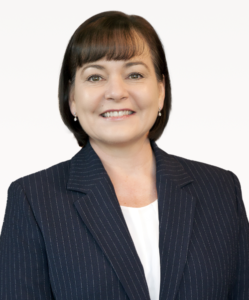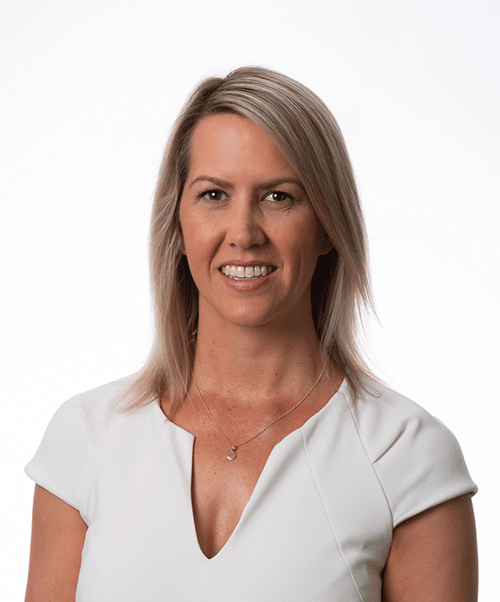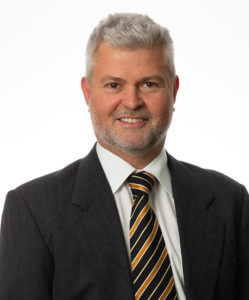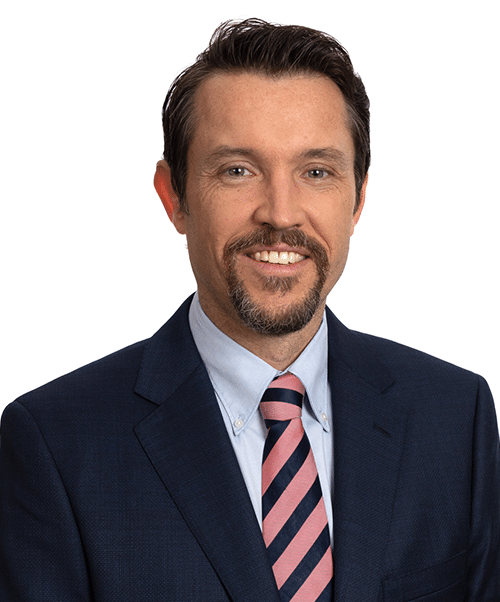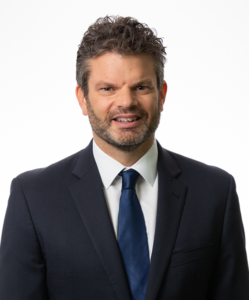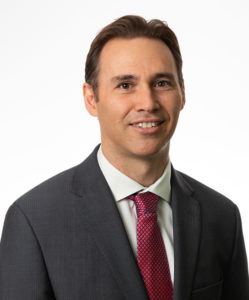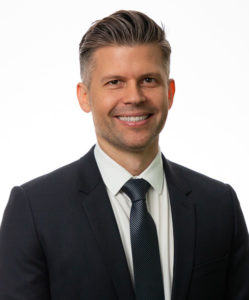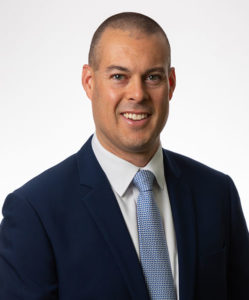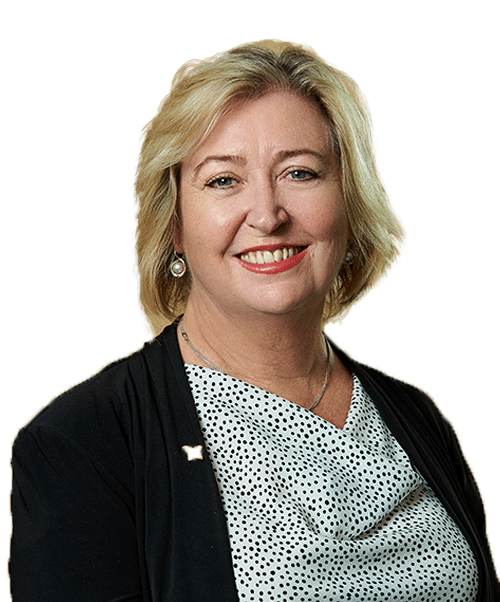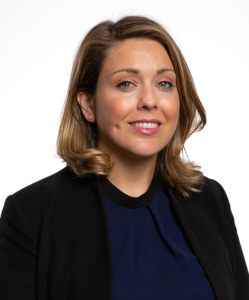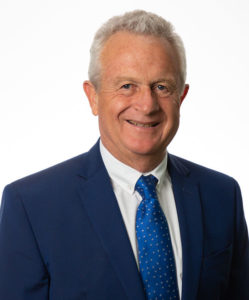AGM 2021
shareholder q&a
How does the Board hold Executives accountable for their performance?
The Board adopts currently recognised best practice in the Company’s remuneration strategy, by splitting remuneration into a combination of fixed and variable remuneration, and then further splitting the variable remuneration into short and long term incentive remuneration structures. The intent of the variable remuneration component is to align executive remuneration with short and long term shareholder experience by driving sustainable value creation. The variable remuneration is designed to attract and incentivise top performers to drive your company forward.
Many other companies’ short term incentives are paid in cash. In our case, to further assist in driving the alignment of executive and shareholder interest, our short term incentive is paid as 50% in cash and 50% in shares.
The Board holds Executives accountable if they fail to meet their performance targets. Set out on the slide before you is the last 3 years performance for STIs and LTIs:

In relation to Gold Road’s Long Term Incentive plan, the Company’s strategic hurdle for the past 3 years is the discovery of at least 1 Moz ounces outside of Gruyere and the advancement of that discovery or discoveries to an Ore Reserve. A sizeable discovery like the one mentioned would add considerable value to the Company, which is what we are seeking to achieve. As we haven’t achieved this, the Executives haven’t been rewarded.
While we haven’t achieved this target, the Executives and the Company have had success in other areas over the last three years, including the successful delivery of Gruyere to production in 2019, the increase in resources at the Gruyere JV (which are managed by Gold Road), including an increase of 210,000 ounces in resources and maiden reserves of 150,000 ounces at the Golden Highway and the recently announced underground inferred resources of 870,000 ounces by Gold Road at Gruyere. We’ve also announced the discovery of Gilmour at our 100% owned Yamarna project, which currently at 260,000 ounces in resources, has in our opinion paid for the cost of exploration for the last 5 years or so. For these achievements, the Executives have been rewarded through Short Term Incentives. The strong Relative TSR performance over this period has been rewarded through Long Term Incentives. I believe that the Board has demonstrated a good track record in structuring and exercising its discretion responsibly, to help ensure that a good corporate culture and delivery of long term value is achieved.
Given the stock is undervalued, will you look at a share buyback as a better return on investment?
We agree that the current share price undervalues your company. We believe that the best way to improve the share price is through consistent strong operating and exploration performance as well as continuing to deliver the resulting returns to shareholders.
While on-market share buy backs can be a useful tool in certain circumstances to return capital to shareholders, they are also inefficient from a tax perspective. Gold Road has $60.5M in franking credits, and views franked dividends as a better method to return capital to shareholders.
Since the discovery of Gruyere, exploration success has been limited despite a budget in the region of $25 million per annum. At what point do you decide to return the money to shareholders rather than spend it on exploration?
As my presentation covered, I would firstly note that we have increased Gold Road’s attributable resources by 1.2 Moz or 36% since the 2016 financial investment decision on Gruyere.
We continue to believe that the Yamarna exploration package is one of the most prospective underexplored Greenstone belts in the world.
Gold Road secured almost the entire of this frontier greenstone belt. The belt lacks prior exploration due to its relative remoteness and extensive sand cover. This means we are starting from a base of minimal data which means we have to collect the basic targeting datasets. However, it is also the opportunity vs much of the goldfields which have been extensively explored.
Systematic exploration takes time, but is the most effective way to make discoveries. However, as we have now generated a number of good prospects it is our belief that we will start to see drill results from this work.
A significant discovery at Yamarna will transform the company and deliver significant value to shareholders. Now is not the time to consider stopping our exploration push.
Are you concerned that you are now exposed to takeover where a potential acquirer could acquire the 50% share of Gruyere cash flow and remove the need to spend on exploration and corporate costs?
We think Gruyere and Yamarna are Tier One assets which makes them desirable to competitors. There is always a risk of an opportunistic takeover when you have a quality long life producing asset and a high quality exploration portfolio. Like any company, we should be managing costs efficiently.
Cutting exploration, which also drives around half of our corporate costs, is something Gold Road management and the Board could also do, it doesn’t need an acquirer. However, it would also cut a sizable part of our market value and the future upside.
But high quality exploration also requires funds and can create enormous shareholder value. We believe we have the balance right and that this will lead to future success and value to shareholders.
The level of exploration reporting has dropped off in 2020. As investors we like to keep up with exploration progress. Will you look at increasing the level of exploration reporting?
The nature of the systematic targeting work and earlier stage aircore drilling completed in 2019 and 2020 saw us have less to say on the exploration front.
We feel it’s important that we report when we have news that is market material and reflects our increasingly generalist investor base. That has a different threshold than when Gold Road was a junior explorer and developer and our announcements are now less technically detailed.
As we advance the anomalism generated by the aircore drilling in 2019 and 2020 to more targeted deeper RC and diamond drilling, we would anticipate the level of exploration news flow to increase through 2021. We also expect to progress some of our targets to the mineral resource stage which will demonstrate progress on this front also.
So yes, I would anticipate the level of exploration reporting to increase over the coming 12 months.

